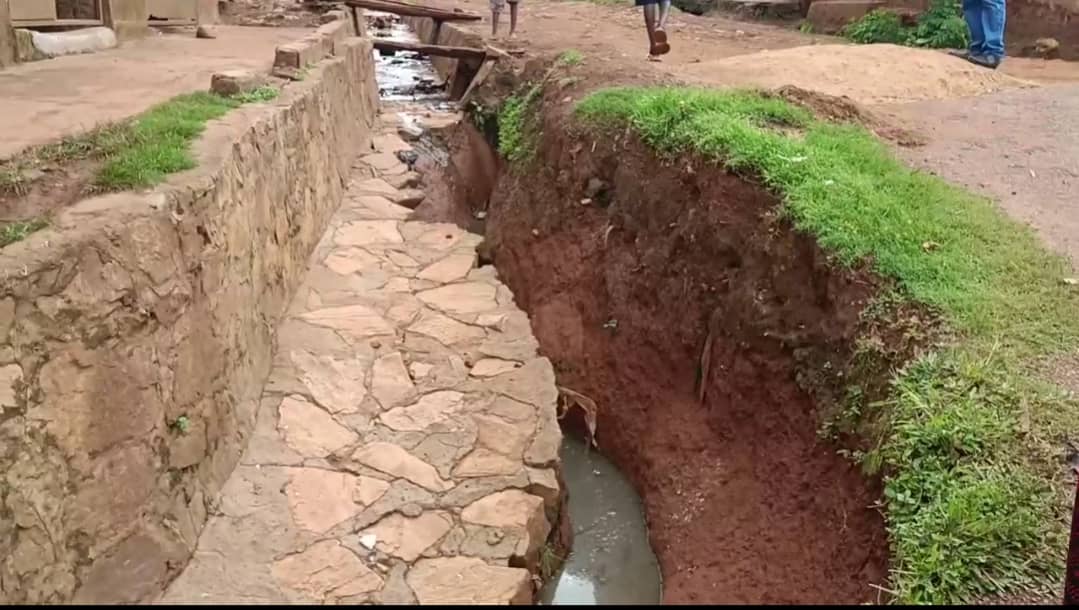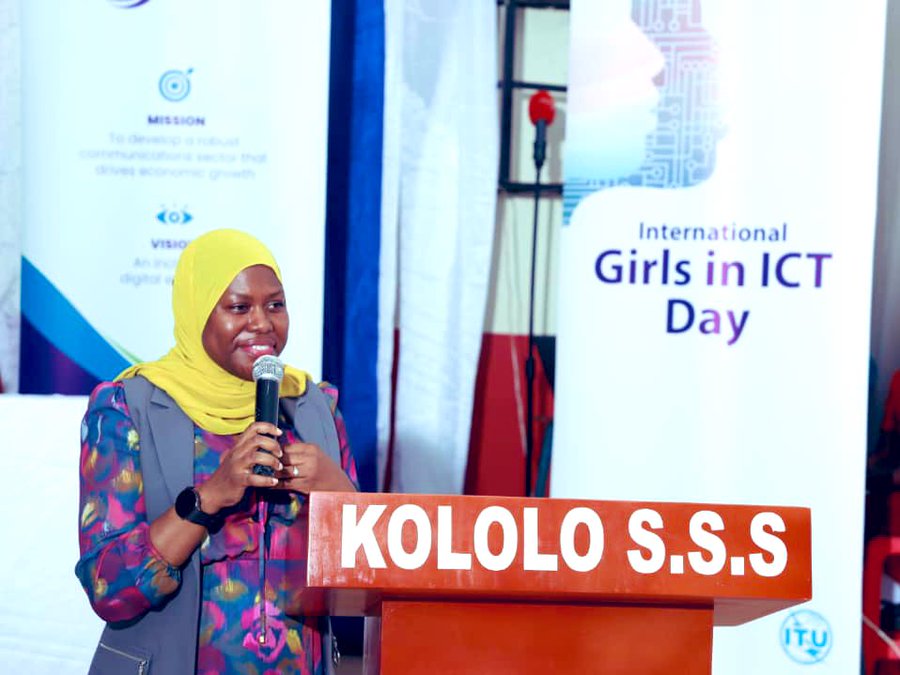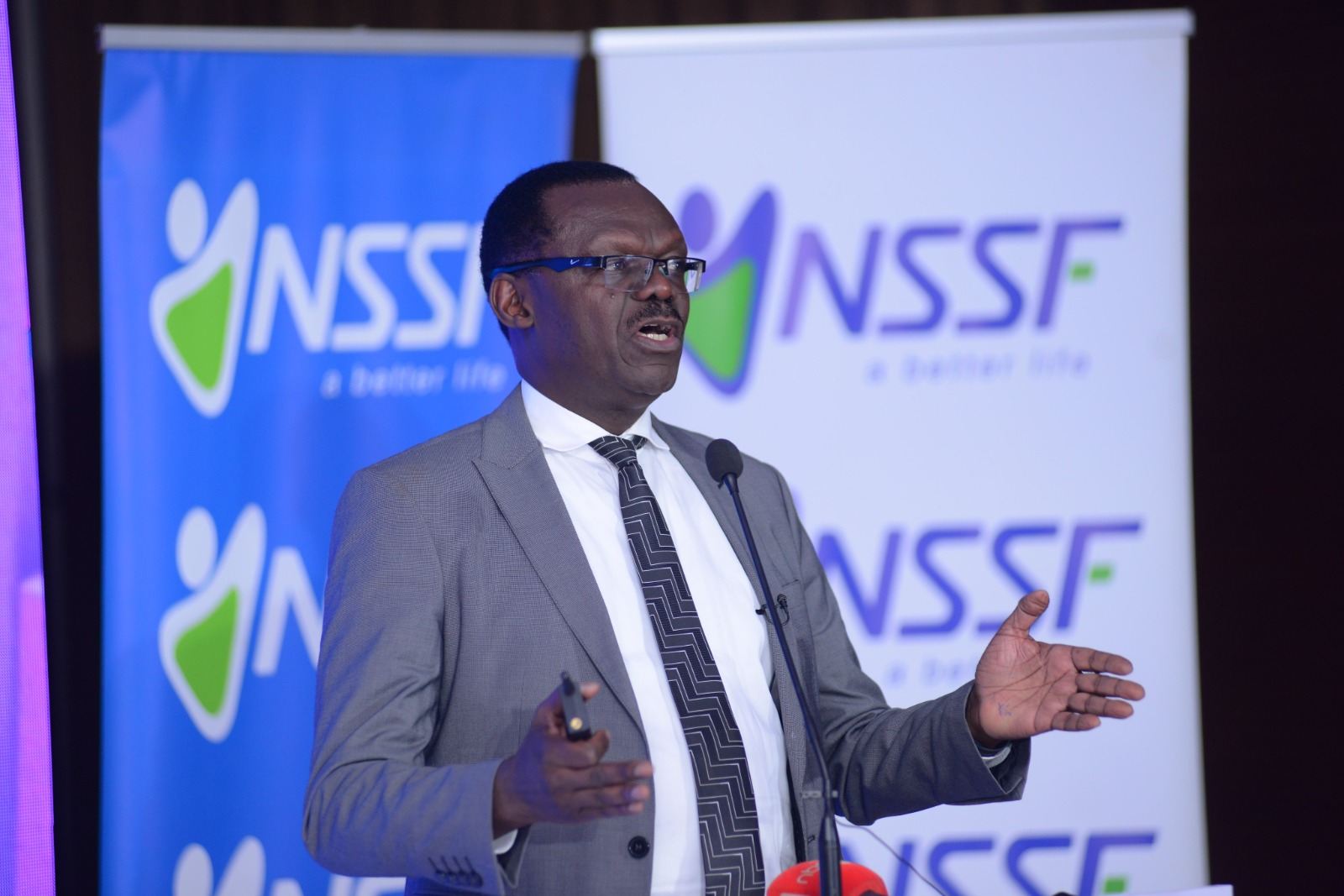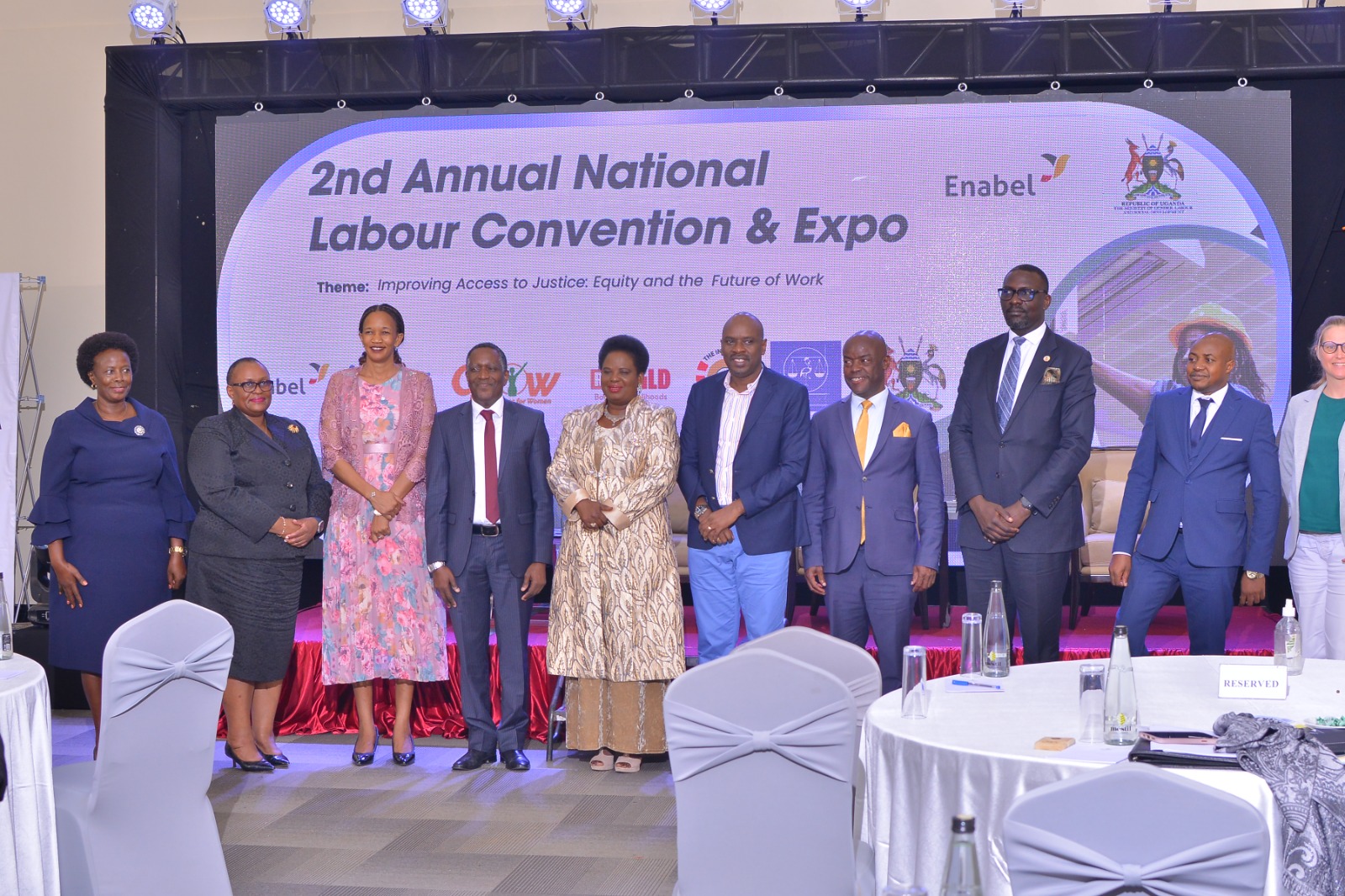Full Report: EU issues 19 resolutions on Uganda's elections, condemns 'harassment' of the opposition
The European Union (EU) Parliament has called for sanctions against independent individuals who are responsible for human rights violations in Uganda.
In a Thursday sitting, the EU parliament took account of the human rights violations in Uganda, particularly focusing on the January 14th elections which they said were "neither democratic or transparent."
Keep Reading
The EU parliament came up with nineteen resolutions that were approved by 632 votes in favour, 15 against and 48 abstentions and reiterated that sanctions against individuals and organisations responsible for human rights violations in Uganda will have to be adopted under the new EU human rights sanction mechanism, the so-called EU Magnitsky Act.
Key among the resolutions was that the EU parliament condemned what they called harassment and systematic crackdown that was faced by political opposition leaders in Uganda, as well as the 'suppression of civil society'.
The EU parliament said in another resolution that, "all those arrested and detained for participating in peaceful political assemblies or for exercising their right to freedom of expression and association must be released immediately and unconditionally and have their charges dropped."
THE 19 RESOLUTIONS
1. Deplores the fact that the election process was not democratic and transparent; condemns the excessive use of force by the police and the armed forces in the presidential election and their growing interference in the political process; regrets the fact that independent, local and international election observers were prohibited from overseeing the election, preventing it from being assessed against internationally recognised standards; underlines the fundamental importance of free and fair elections, which are a prerequisite for sustainable and long-term development; in this spirit applauds the Ugandan people, in particular the young population, for the courage and enthusiasm for democracy that they demonstrated during this election campaign;
2. Condemns the violence against, continued harassment of and systematic crackdown on political opposition leaders in Uganda, as well as the suppression of civil society, human rights defenders and the media, and the disruption of social media platforms and internet blackouts;
3. Calls on the government, therefore, to put an end to the persistent use of lethal and excessive force by the security forces and the arbitrary arrests and detention of, and attacks against, opposition politicians and supporters, protesters, human rights defenders and journalists;
4. Calls on the Ugandan Government to ensure justice and accountability for all victims by carrying out impartial, thorough and independent investigations into the shootings and violence perpetrated by security forces, and similarly calls on the Ugandan judiciary to objectively and independently apply the existing legislative framework and to take full note of the facts and evidence available; calls on the Ugandan authorities to launch an immediate independent investigation into the tragic events of 18 and 19 November 2020, where at least 54 people needlessly lost their lives at the hands of the police following the arrest of Bobi Wine, and where hundreds more were injured, something that President Museveni himself has acknowledged, and to hold those responsible to account;
5. Underlines that appeals against and challenges to election results are a fundamental feature of a credible electoral process; expects all election challenges and complaints to be addressed in an independent and transparent manner using the available constitutional and legal remedies;
6. Calls on the government to immediately and unconditionally release or drop all charges against all those arrested and detained solely for participating in peaceful political assemblies or for exercising their right to freedom of expression and association, including the 2016 European Parliament Sakharov Fellow Nicholas Opiyo; reminds the Government of Uganda to respect the freedom of expression and the right to peaceful and safe assembly, including the free movement of all political actors and their supporters, and denounces the ongoing crackdown on civil society; calls on the government to ensure that Mr Opiyo’s rights to due process and a fair trial are upheld to the highest standard;
7. Reminds the Ugandan authorities of their obligation to guarantee, protect and promote fundamental rights – including the civil and political rights of the country’s citizens – fair representation regardless of ethnic background, freedom of speech and freedom of assembly, and to affirm the crucial role that the political opposition, civil society actors, journalists and the media play in the country; calls on the authorities to lift any restrictions that may limit people’s right to freedom of peaceful assembly, freedom of expression and freedom of association;
8. Reminds the Government of Uganda of the importance of freedom of expression and the role of free and pluralistic media in a democratic society; notes with concern that journalists covering the elections were routinely subjected to intimidation and violence; expects the Ugandan authorities to create an environment where journalists can carry out their work without hindrance;
9. Calls on the Ugandan authorities to ensure secure and unrestricted internet access for all, including to social media and online messaging platforms, as not to do so constitutes a serious obstacle to freedom of information, including media freedom;
10. Urges the Ugandan authorities to end the arbitrary suspension of civil society activities, and the arrests of civil society activists and the freezing of their financial assets; in this regard, condemns in the strongest terms the attempts to limit civil society funding, in particular by President Museveni’s order to suspend the multi-million euro DGF, a pooled fund coordinated by the EU and national development partners to support groups working to promote human rights, deepen democracy and improve accountability in Uganda;
11. Expects the Ugandan Government to immediately desist from using the COVID-19 pandemic as a pretext for introducing laws and policies that violate international law and for rolling back human rights guarantees, including unduly restricting the rights to freedom of peaceful assembly and freedom of expression, the main targets of which are LGTBTQ+ persons; urges the Ugandan authorities to respect the rights and dignity of the country’s people and to strictly limit the exercise of emergency power to the protection of public health;
12. Strongly criticises Uganda’s harsh laws against homosexuality and calls for their urgent revision, together with a strategy to combat discrimination and violence against LGBTQ+ people;
13. Insists that the EU delegation in Uganda continue to monitor closely the situation of LGBTQ+ people and actively support CSOs, human rights defenders and LGBTQ+ people on the ground;
14. Insists on the EU’s commitment and readiness to engage with the Ugandan authorities and assist with much-needed democratic and governance reforms; underlines, however that the success of this cooperation largely depends on willingness from the Ugandan side to actually implement those reforms; recalls, in this regard, that the systematic use of state repression and violence could fundamentally impact the EU’s future relationship with Uganda; calls on the EU to take advantage of the political leverage provided by development aid programmes, namely budget support programmes, to enhance the defence and promotion of human rights in Uganda;
15. Insists that the EU and other international actors maintain and strengthen their integrated and coordinated approach on Uganda, which includes the promotion of good governance, democracy and human rights, and the strengthening of the justice system and rule of law, and urges the EU and its Member States to raise these concerns through public and diplomatic channels; reiterates that sanctions against individuals and organisations responsible for human rights violations in Uganda must be adopted at EU level under the new EU human rights sanction mechanism, the so-called EU Magnitsky Act;
16. Recommends increasing scrutiny of Uganda’s fiscal management and transparency; urges the Commission and the European External Action Service to continue conducting systematic reviews of EU budget support programmes where there is a risk of funds being diverted for use by the Ugandan authorities in activities which may abet human rights abuses and target activists;
17. Welcomes the verdict in the case against former LRA commander Dominic Ongwen, who was found guilty of war crimes and crimes against humanity by the ICC, and views it as a significant step towards justice and accountability for the atrocities committed by the LRA;
18. Remains concerned by the overall security situation in the region and underlines, in this regard, the important work of AMISOM; stresses that its long-term objectives will only be reached if all those involved lead by example when it comes to respecting the rule of law, fundamental rights and democratic principles;
19. Instructs its President to forward this resolution to the Council, the Commission, the Vice-President of the Commission / High Representative of the Union for Foreign Affairs and Security Policy, the EU Special Representative for Human Rights, the President of the Republic of Uganda, the Speaker of the Ugandan Parliament, and the African Union and its institutions.
Additional reporting by Muhamadi Matovu














